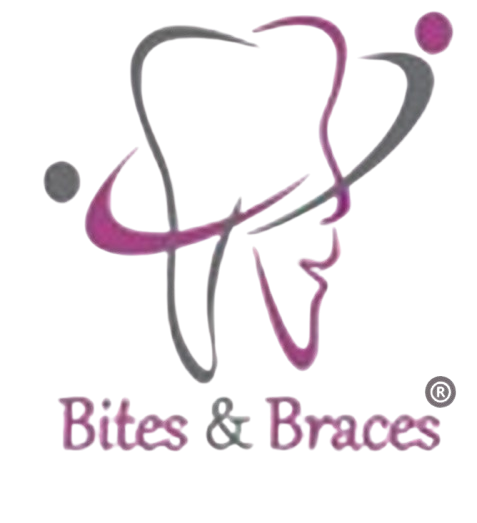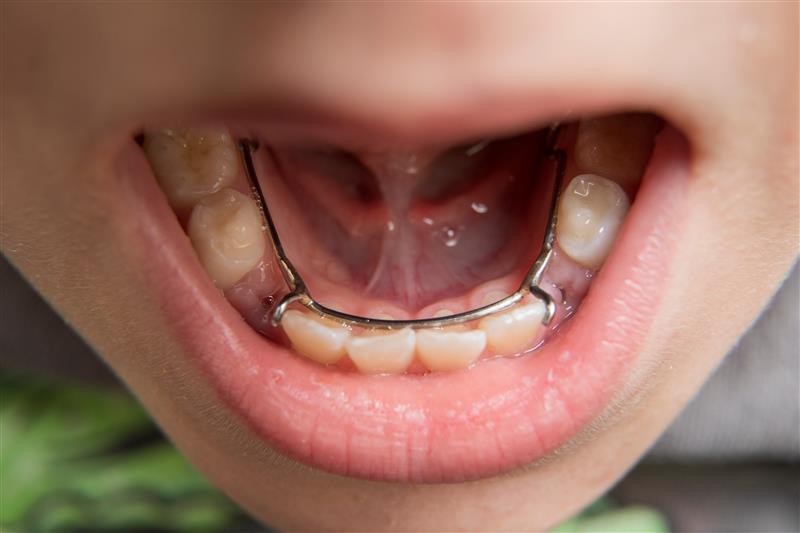What Are Space Maintainers?
Space maintainers are dental devices that help keep the space open when a child loses a baby tooth early. Often, children lose teeth before their adult teeth are ready to come in. In these cases, space maintainers prevent nearby teeth from shifting into the empty spot. As a result, the adult tooth can grow in the right place. Dentists use space maintainers for children to support healthy smiles and proper tooth alignment. According to the American Dental Association (ADA), these devices are safe and effective when used as directed.
Why Are Space Maintainers Important?
When a child loses a baby tooth too soon, the nearby teeth may move into the empty space. This can cause problems, such as:
Therefore, using space maintainers can help prevent these issues. In many cases, they make future dental care easier and less costly. For this reason, dentists often recommend space maintainers for children who lose teeth early.
Types of Space Maintainers
There are several types of space maintainers. Dentists choose the best one based on your child’s needs. The main types include:
Each type of space maintainer works to keep the space open until the adult tooth is ready. Your dentist will explain which type is best for your child.
How Are Space Maintainers Placed?
First, the dentist checks your child’s mouth and takes X-rays if needed. Next, they choose the right type of space maintainer. For fixed space maintainers, the dentist may take a mold of your child’s teeth. Then, they make a custom device. At a later visit, the dentist cements the space maintainer in place. For removable types, the dentist fits the device and shows your child how to use it. The whole process is simple and does not hurt. Most children adjust quickly to their new space maintainer.
Caring for Space Maintainers
Proper care helps space maintainers last and keeps your child’s mouth healthy. Here are some tips for caring for space maintainers:
With good care, space maintainers can do their job until the adult tooth comes in.
Potential Risks and Complications
Although space maintainers are safe, some problems can happen. For example, the device may become loose or break. Sometimes, food can get stuck around the space maintainer, leading to gum irritation. Rarely, the adult tooth may not come in as expected. However, regular dental visits help catch and fix these issues early. If you notice pain, swelling, or a broken device, contact your dentist right away.
When to See a Dentist
It is important to see a dentist if your child loses a baby tooth early. The dentist will check if a space maintainer is needed. After placement, keep up with regular dental visits. Additionally, see the dentist if your child has:
Early care can prevent bigger problems later. Your dentist is the best person to guide you on dental space maintainers for children.
For more information, visit trusted sources like the American Dental Association or ask your local dentist. Consult your dentist for personalized advice on space maintainers for your child.


